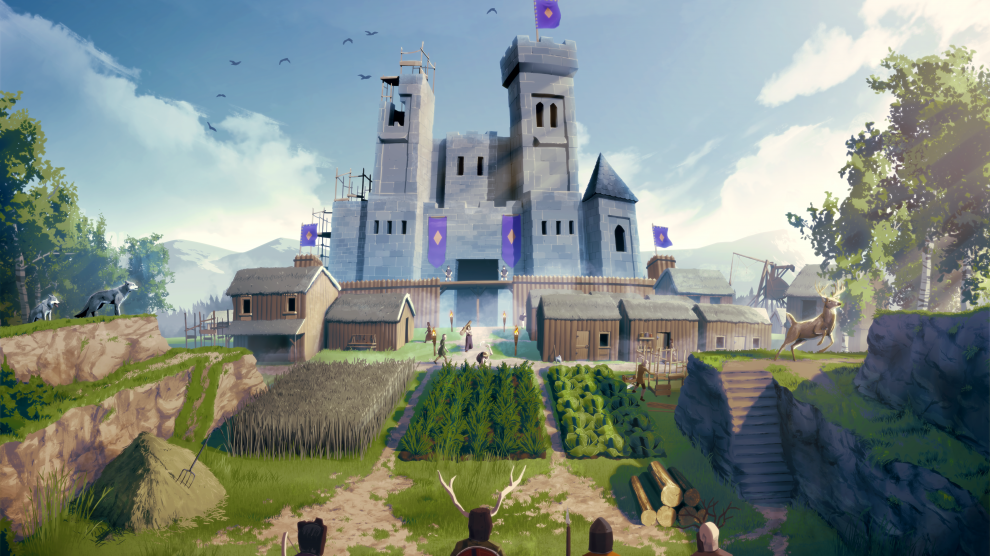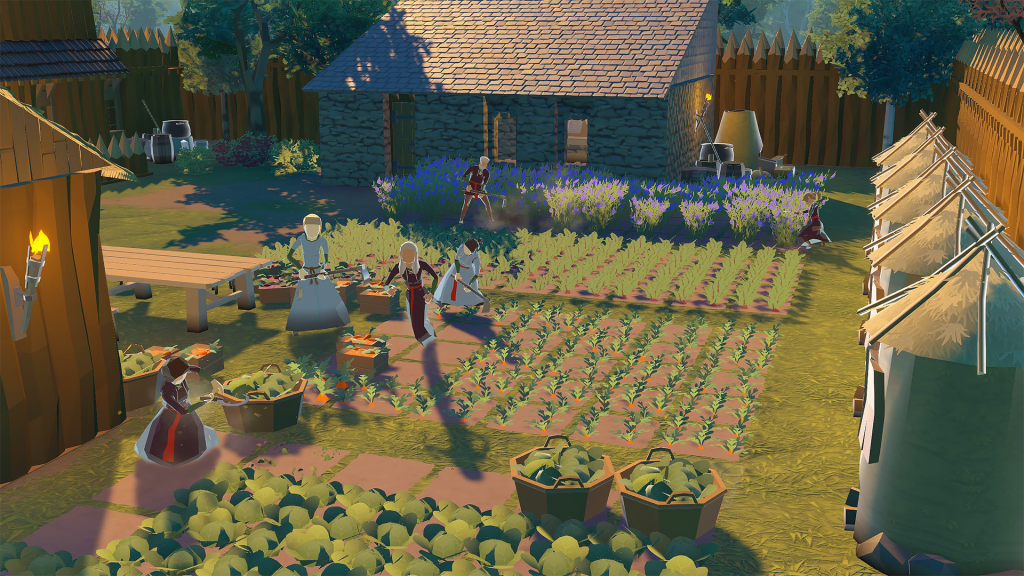
A new colony-building simulation game from Serbia, Going Medieval confirms the country’s position as a global gaming leader.
When Foxy Voxel published its first game at the begining of June, Nino Rajaci'c, the firm’s co-owner, didn't expect immediate success.
“Even though we knew there was a lot of interest in this idea and believed that Going Medieval would be successful, we didn't expect such a positive reception from players from day one,” he tells Emerging Europe.
“We had the good fortune to obtain a cope with a publisher, The Irregular Corporation, quickly, and they supported further development,” he says.
Going Medieval also received support in the Republic of Serbia Innovation Fund.
Positive reception
On the internet game store Steam, 91 per cent of more than 4,000 reviews are positive.
Professional outlets have seen the sport too, with Wired calling it an excellent entry point into colony simulation.
Colony simulation is a sub-genre of management games, where players are given the job of building and looking after a colony, usually in times where resources are scarce and the environment inhospitable.
In the past few years, the genre has enjoyed a lot of popularity bolstered by breakout hits such as Rimworld and Dwarf Fortress. Going Medieval has been favourably when compared with both.
Where Going Medieval departs from the peers is incorporated in the inclusion of another dimension: most colony simulators only permit building in two dimensions. This “z-axis” addition has been received well by gamers, with lots of praising both the increased challenge that accompany it and the possibility of player-driven creativity.

Add within the stylised and charming medieval setting, and also the game offers quite a bit opting for it. Occur 14th century England in an alternate timeline in which the Black Plague killed 95 per cent of people, it challenges players to construct and manage a colony of survivors, keeping them alive, and when they play the game right, even thriving.
The warm welcome from gamers and reviewers has translated into financial success too. For some time after its launch, Going Medieval topped the Steam global sales chart as well as in the very first week alone the sport who has sold more than 175,000 copies – a stunning success for just about any indie game.
“After only a week, we reached a place we hoped we could reach at the end of the very first year,” says Rajaci'c.
But, he adds, it doesn't change their plans for that developing the sport further.
Early access
Going Medieval was launched in what is known within the gaming industry being an “early access” model. Which means that players are getting a game title where all of the main features and building blocks are already in place, but the team of developers isn't yet fully done.
According to Rajaci'c, a great benefit from the early access model is that the player community could be contained in the growth and development of the game, meaning they are able to influence it while also supporting the expansion team financially.
“For us, in addition to the clear benefit of financial independence, this kind of development also brings a far greater knowledge of what the players want which helps with design decisions,” Rajaci'c says.
“If executed correctly, it is a win-win combination where both developers and players get the ultimate prize – a elegant, well-balanced, fun, and successful game.”
In fact, Foxy Voxel has already revealed a very ambitious roadmap for which it intends to add to the game within the coming months. Social interactions among settlers, the option to raid other settlements, religious influence, and diplomacy, are just some of the characteristics that players can to look toward.


